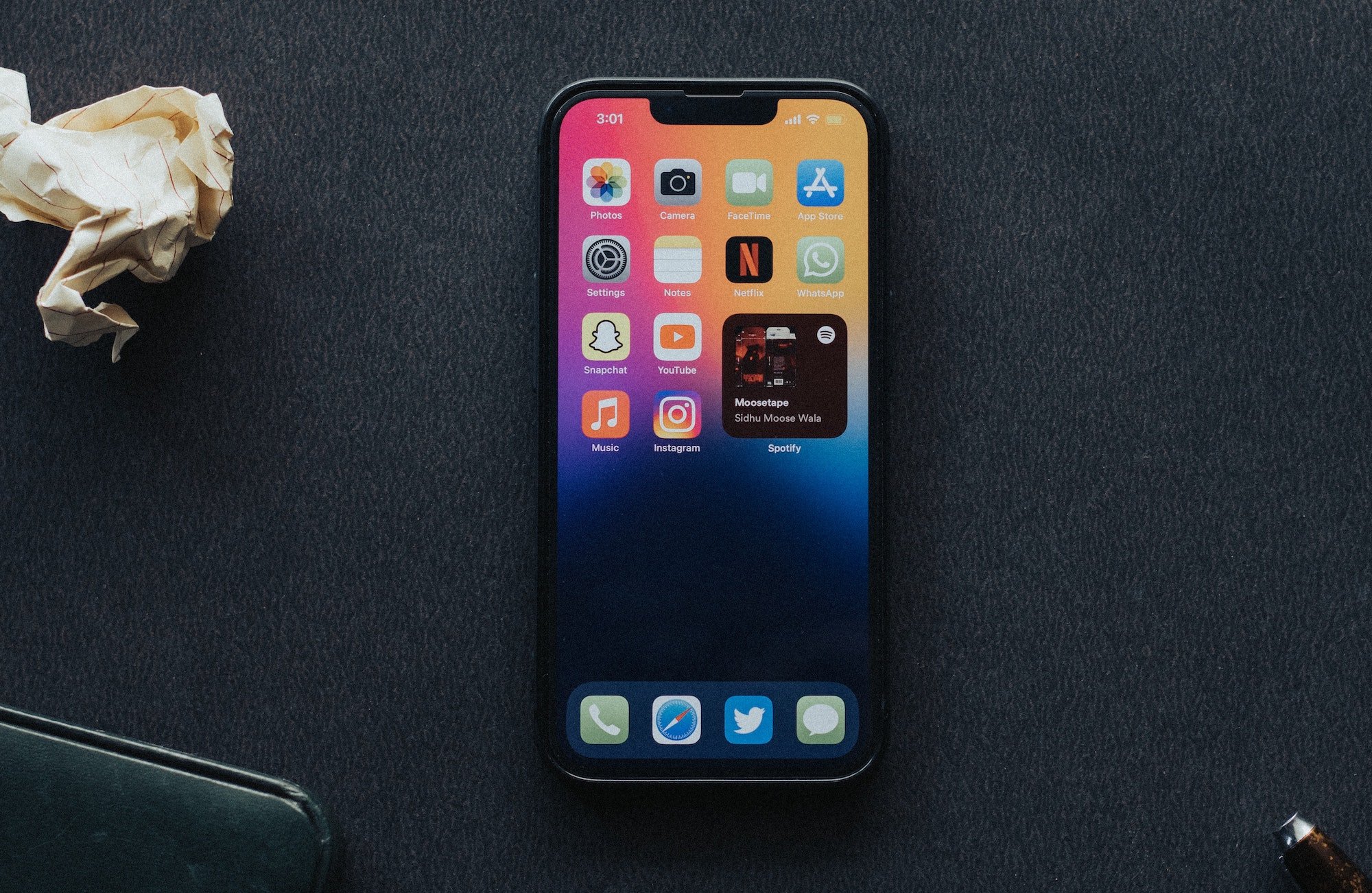FBI Warns IPhone & Android Users — Encryption Is Your Friend
The FBI has issued stark warnings regarding the security of text messaging communication between iMessage and Android users.
Words by Damian Nicholas
SAHEJ BRAR / UNSPLASH
In the wake of a massive cyberattack, the FBI and the Infrastructure Security Agency (CISA), issued a statement on Nov. 13 regarding the security of text messaging on both iMessage and Android SMS/RCS — drawing attention to vulnerabilities that could compromise user safety. According to officials hacking groups linked to the People's Republic of China (PRC) effectively infiltrated U.S. telecommunications infrastructure.
The announcement indicates that the hackers focused on a select group of individuals mainly engaged in government or political activities. They managed to obtain "customer call records data" as well as specific information that was requested by U.S. law enforcement under court orders. The FBI's concerns primarily focus on the security weaknesses between SMS and RCS messaging, particularly on smartphones running iOS and Android systems. While these platforms facilitate communication for millions, they do not provide the level of encryption necessary to keep users safe from potential threats. The FBI recommends Americans transition to fully encrypted messaging applications to enhance their privacy.
Apple's dedicated messaging service provides end-to-end encryption for conversations between iPhone users, this security measure becomes compromised when messages are sent to Android devices. In such cases, messages revert to SMS or RCS (green messaging)—both of which lack the robust security features found in iMessage. The FBI's warning highlights the critical need for both companies to address the security gaps affecting cross-platform communications, particularly in a landscape where text messaging is prevalent.
ADVERTISEMENT
Those who continue to rely on SMS or RCS risk exposing themselves to a higher likelihood of message interception, as these platforms do not offer the same strong protections as encrypted messaging services — exposing users to text message phishing scams. Scammers send fraudulent text messages designed to trick the recipients into giving away sensitive personal information, like bank details or login credentials, by clicking on malicious links or giving information directly in the text, often by impersonating a legitimate company like a bank or delivery service like UPS. Given that iMessage is especially popular in the United States, where younger users and affluent individuals are more inclined to use Apple devices, the FBI's warning highlights a vulnerability that many may not even recognize. As reliance on text messaging grows for personal and business communication, there is an increased risk of privacy violations and data breaches.
Risk Mitigation & Self-Protection
To mitigate risks in light of the FBI's warnings, users can take several proactive measures:
Adopt Encrypted Messaging Apps: Transition to secure messaging apps like WhatsApp or Signal, which provide end-to-end encryption, ensuring the confidentiality of your messages while preventing lapses into less secure communication methods.
Increase Awareness: Familiarize yourself with the security features and limitations of various messaging platforms to make better-informed choices.
Minimize SMS Usage: Where possible, avoid using SMS for sensitive communications or messages where privacy is a concern. Rely on secure messaging apps for those discussions.
Stay Updated: Follow updates regarding security warnings from reliable tech sources and government advisories to remain aware of new issues that may arise.
Practice Caution: Be mindful of who you are messaging with, especially when it involves sharing sensitive information. Ensure that anyone you communicate with regularly is utilizing secure methods as well.
End-to-End Encryption Recommendation: Use Telegram or WhatsApp Messenger, both apps provide end-to-end encryption and can be used to communicate internationally. To download these app, Apple users should visit the App Store, and Android users should visit the Google Play app, and download Telegram or WhatsApp Messenger. The app is free to download but you must have access to Wi-Fi or cellular data.
As the digital landscape evolves, so do the risks associated with our everyday communications. While iMessage serves a critical role for many American users, the recent FBI warnings underscore the need for a nuanced approach to messaging security. By switching to fully encrypted platforms and being mindful of messaging habits, users can take proactive steps to protect their privacy and security. As the situation develops, it remains crucial for tech companies like Apple and Google to seek collaborative solutions that enhance cross-platform security for all users.
Dec 16, 2024
More in Journal









